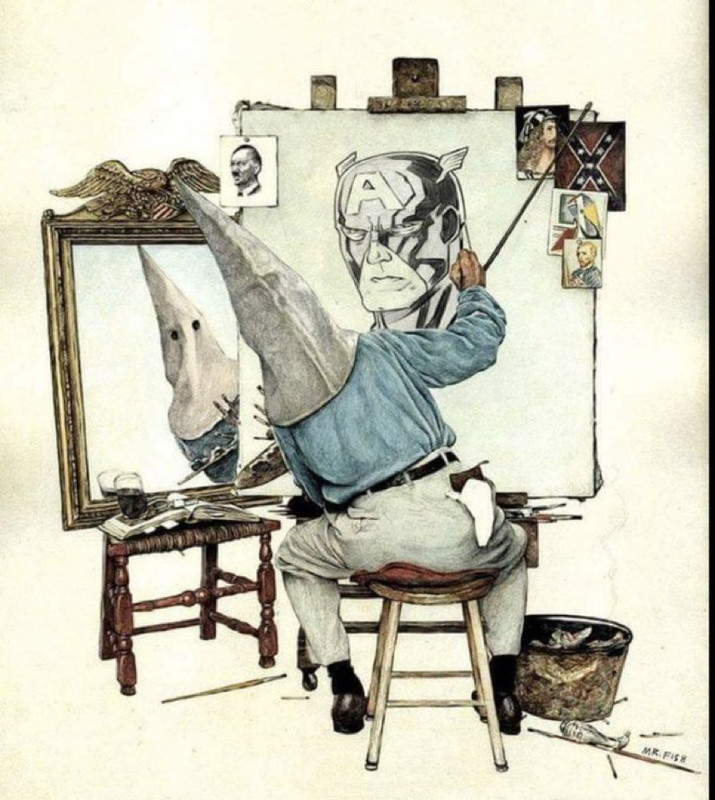Screw_Michigan wrote: ↑Fri Feb 05, 2021 9:58 pm
Raising the minimum wage will pump tons of money into the economy to people who will actually spend it and stimulate the economy.
Wrong. This has never worked and is logically flawed. Like saying legislating the minimum tipping amount at restaurants will somehow magically improve the lots of all wait staff and the patrons they serve. It would actually do the opposite.
We the people should start accepting what behaviors are enabled by launching certain policies (versus not), instead of what we
wish would happen.
It’s a law of physics really. Artificially setting a minimum price on a product or person’s labor will help in specific instances (ie certain people) but on a whole cannot help everyone and will likely make worse for more people than not.
The law cannot force a business into a loss position. The small business will simply choose not to hire (choosing a wage of $0 instead of $15), which hurts the potential employee willing to work for less in exchange for work experience.
Meanwhile, the Walmart down the street can afford to pay that same position and thus unfairly gets a competitive advantage over the small mom ‘n pop shop by nothing more than a favor from the government. Sprinkle in situations like that of McDonalds, who can also afford to invest in automation, and is motivated to do so by the minimum wage law. Thus creating a double whammy for the potential employee— not allowed to be hired by the small business and no job at the corporate-machine chain.
So what does that leave? Regulate? Funny that we never hear about legislation aimed at applying the minimum wage law ONLY to the big corporate conglomerates. Wonder why that is?
Otherwise, logically, the best solution for the worker is to have as many options as possible. This means there needs to be a system in place that enables more jobs to be available than qualified people, making employers having to compete and pay more for the most efficient workers. Minimum wage laws (applied across the board) do not accomplish this and never have.
These are the types of policies that, unintentionally, cause further wage gaps in society. They get tried, tested and ultimately fail. And almost always, the truth is twisted, the blame is shifted, and the good ole government saviors (and their jizz-moppers) pitch the same stale idea to fix the problem that they caused in the first place. Rinse, repeat.
Economics In One Lesson by Henry Hazlitt has aged quite well over the years (p. 134 if you have the heart). Logical and non-emotional thinking. Tough, but possible.











